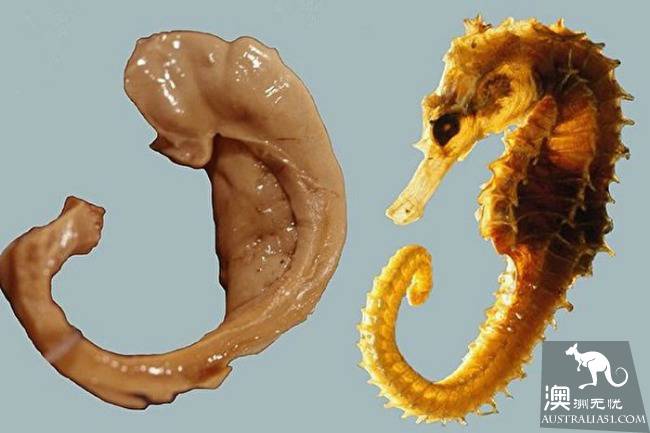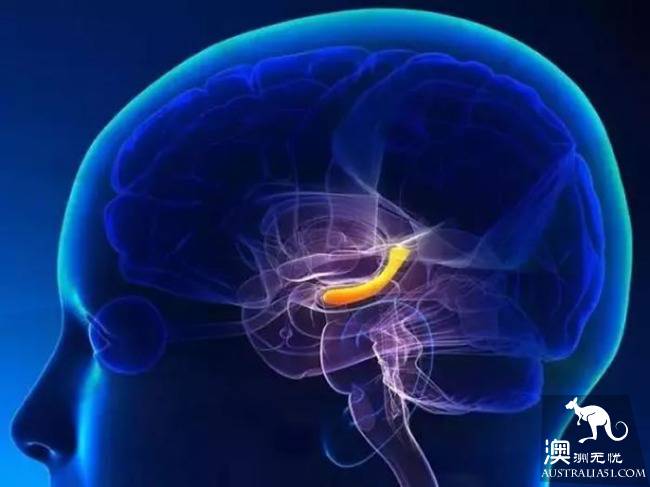Recently, Western Australia Railway Network, health care, education and other infrastructure construction, everywhere a thriving scene. Now medical research is going to be a big new discovery!

Type 2 diabetes is associated with partial impairment of the brain's ability to control memory and learning, researchers in Western Australia have found.
The team at the University of Western Australia found that the right sea horse body involved in memory and learning was smaller in the brains of patients with type 2 diabetes.
Hippocampus (Hippocampus):, also known as hippocampus gyrus, hippocampus, because of the shape of the hippocampus is similar to the hippocampus, so it is known as the hippocampus. Mainly responsible for memory and learning, short-term memory in daily life is stored in the hippocampus.

The four-year study, which could help reduce the risk of dementia in 1.5 million people with diabetes in Australia, is significant.
Diabetes is considered to be the fastest-growing chronic disease in the world. Twenty-eight people are diagnosed with diabetes every day in Western Australia. On average, people are diagnosed with diabetes in less than an hour.
Dr Nicole Milne, a Ph. D. and registered psychologist at the University of Western Australia, said MRI brain scans of 120 people with chronic type 2 diabetes showed that the right side tended to be smaller when there was a difference between the left and the right side of the sea horse.
This suggests that this area of the brain is more vulnerable to damage in type 2 diabetes, leading to significantly poor cognitive function, Dr. Milne said. People with smaller right hippocampus had poor memory and problem-solving abilities, and poor thinking.
Dr. Milne's research, recently published in the American Journal of brain and behavior, is directed by Professor David Bruce of the University of Western Australia School of Medicine and Professor Romola Bucks of the School of Psychological Sciences.

The study also found that over a period of 18 months, the observer's ability to judge, problem solving and overall thinking decreased significantly.
Professor Bucks said: the mid-term study did not show memory decline, but further research was needed to determine whether people with smaller right-sea equine bodies were the ones with the greatest decline in cognitive ability, including memory. We followed the observers for only 18 months, which was not enough to see if they had become insane. A person's cognitive decline may be enough to affect a person's ability to live, work, and hobbies, and to have a big impact on both family members and themselves.
Professor Bucks said: the hypothesis is that changes in inflammation associated with changes in blood pressure and blood sugar levels may increase the risk of brain vascular damage. The hippocampus is a "very fragile brain area" and is therefore most vulnerable to damage. Type 2 diabetics can take additional precautions to keep their blood sugar levels stable and avoid peak and low blood sugar levels in order to keep their brains healthy.
In the improvement of living standards, people should pay more attention to diet, health, exercise.